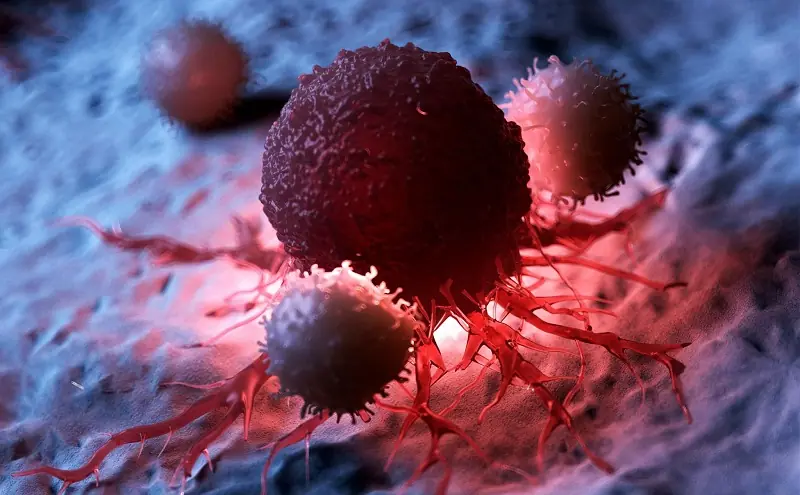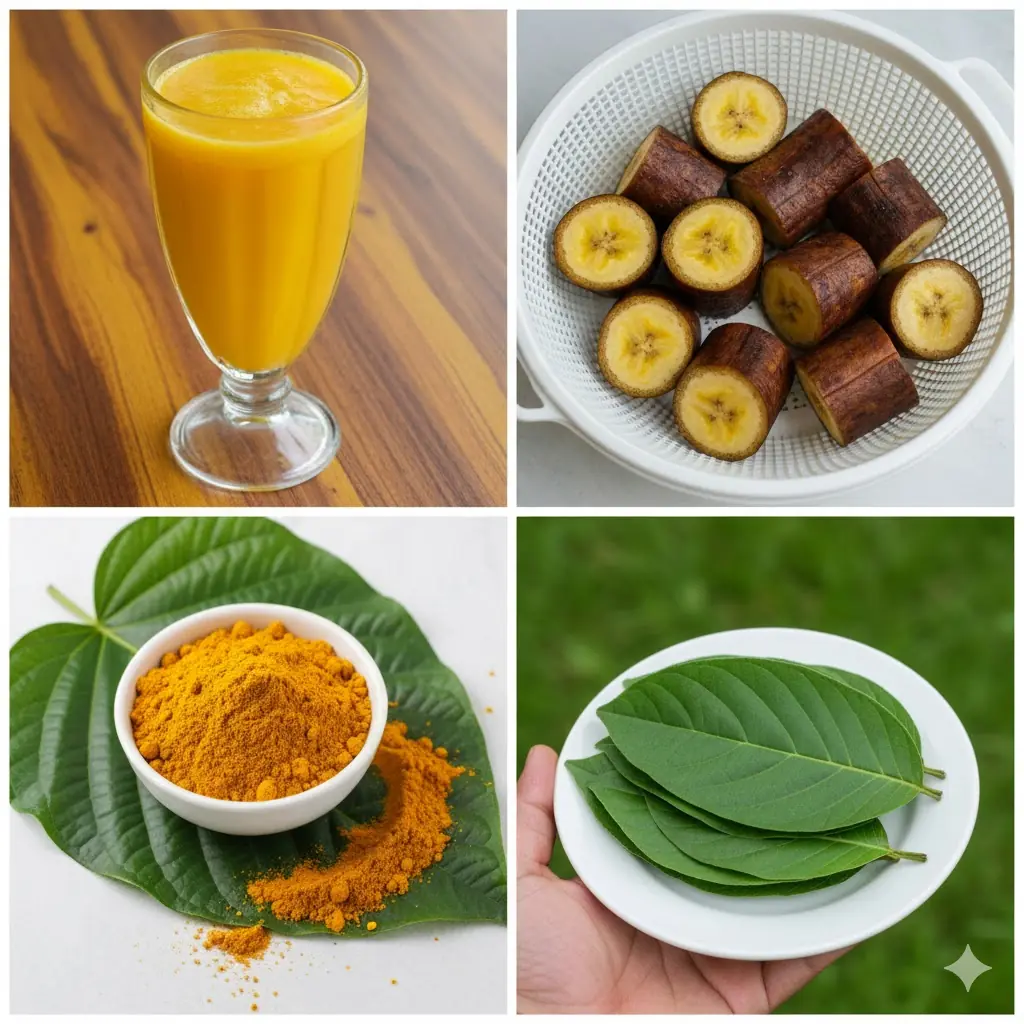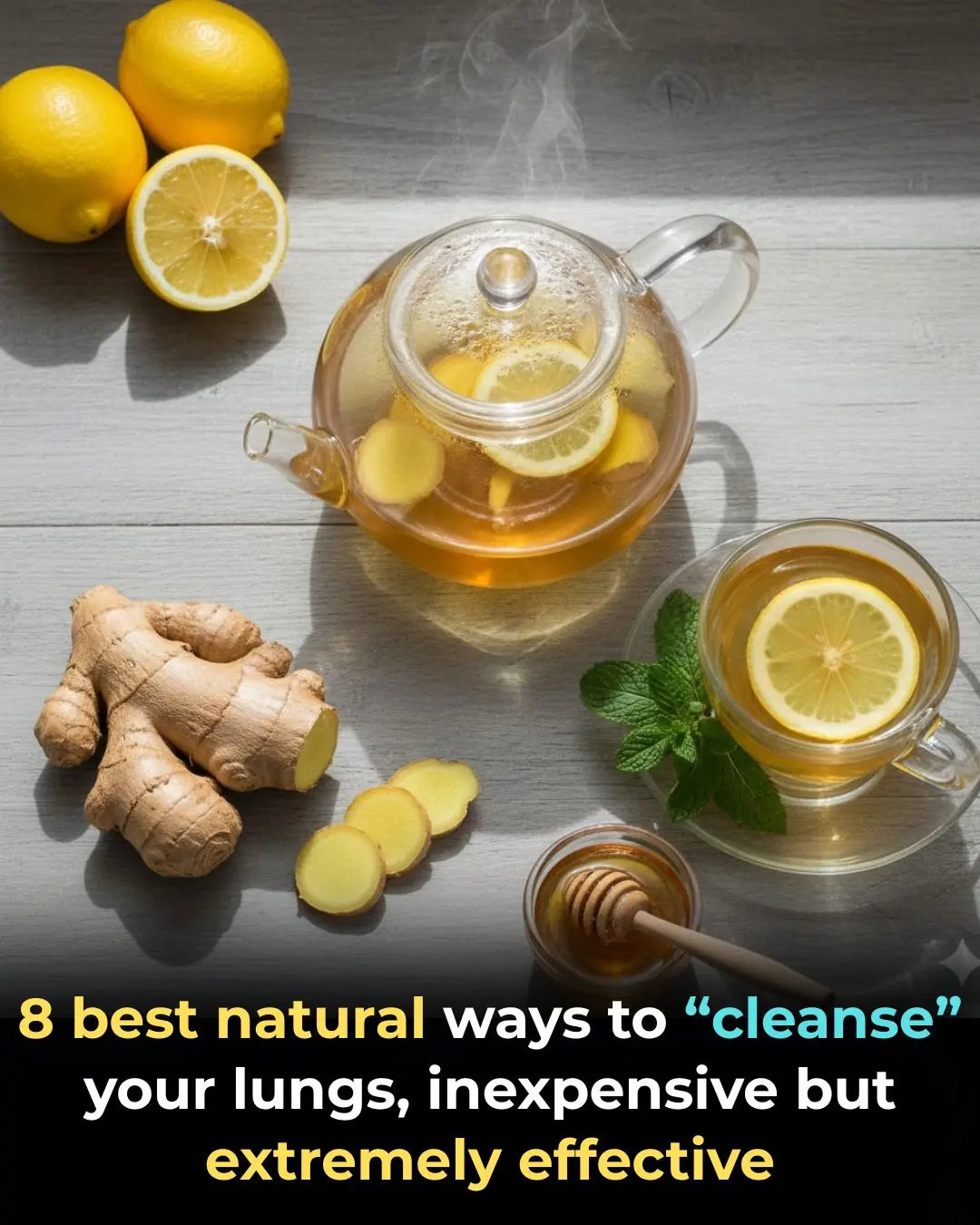
5 Herbs Your Liver Wished You’d Start Eating More Often (Or At Least Try!)




Maintaining strong liver function is essential for overall health and vitality. As the largest solid organ in the human body, the liver performs hundreds of critical tasks each day. Unfortunately, it can be negatively affected by poor dietary habits, sedentary lifestyles, alcohol consumption, overuse of acetaminophen and other non-prescription painkillers, as well as continuous exposure to environmental toxins. The liver filters impurities from the blood, converts metabolic waste into urea for elimination through urine, and produces bile that assists in digesting fats and carbohydrates. Because it sits at the center of so many metabolic processes, its health directly influences the entire body. (Aug 23, 2024)
Beyond detoxification and digestion, the liver also synthesizes glutathione — the body’s master antioxidant — which not only neutralizes free radicals but also regenerates other depleted antioxidants. It plays an important role in balancing blood sugar levels and contributes to the formation of red blood cells. Its influence is so widespread that when liver function begins to decline, overall health tends to decline with it. Chronic liver stress may even pave the way for conditions like diabetes. Acute liver disorders include hepatitis A, B, and C, which are typically considered infectious viral inflammations transmitted through bodily fluids, sexual contact, or contaminated blood.
While not everyone agrees on the full viral interpretation of conditions such as hepatitis C, there is universal agreement that inflammation is at the core of liver dysfunction. Cirrhosis is most commonly linked to long-term alcohol abuse, but in recent years, the most significant rise in liver problems has been attributed to non-alcoholic fatty liver disease (NAFLD), a condition strongly associated with poor diet, obesity, and insulin resistance.
Conventional medicine often turns to aggressive treatments, including liver transplants, when too much damage is perceived. However, the liver is one of the few organs in the body with an impressive ability to regenerate. Under supportive conditions, it can heal itself even after significant injury. This is where herbal support can play a powerful role. Many medicinal herbs have been traditionally used — and are increasingly being studied — for their ability to nourish, protect, and help restore liver tissue.
The more serious the liver issue, the more these herbs may be incorporated under professional guidance. For general liver maintenance, even one or two of these herbs can make a meaningful difference.
1. Milk Thistle (Silymarin)
Milk thistle is widely regarded as the top herbal remedy for strengthening and protecting the liver. Often labeled as silymarin — the bioactive compound concentrated in its seeds — this herb has been the subject of decades of clinical research. Milk thistle, a member of the daisy family native to Europe, North Africa, and the Middle East, has demonstrated remarkable ability to support liver regeneration, improve liver enzyme levels, and guard against toxin-induced damage.
Standardized extracts containing 80% silymarin are commonly recommended, with daily doses typically ranging from 100 mg to 1,000 mg. People with existing liver challenges often take 300 mg three times per day, though dosages can vary. Milk thistle is gentle enough to be used long-term, whether for active healing or daily protection. It also works well in homemade tinctures using the whole seeds for maximum potency.
In addition to its well-documented antioxidant effects, milk thistle may also help reduce inflammation, stabilize cell membranes, and even offer mild anti-fibrotic benefits — making it a comprehensive liver-support herb.
2. Dandelion
Dandelion is another exceptionally safe yet powerful liver-supporting herb. It is often paired with milk thistle in capsule blends, though many people also enjoy it as an extract or herbal tea. Despite being dismissed as a common lawn weed with bright yellow flowers, the entire dandelion plant — leaves, roots, and flowers — possesses rich medicinal properties.
Nutritionally, dandelion provides an impressive range of essential vitamins as well as minerals such as iron, potassium, and zinc. Medicinally, its most valued benefit is its ability to stimulate bile production and promote healthy bile flow between the liver and gallbladder. This improved bile movement enhances digestion, supports detoxification, and assists the liver in processing fats more efficiently. Dandelion root is especially popular in detox blends and is known for being gentle on the digestive system.
Additionally, dandelion has mild diuretic properties, helping the body eliminate excess water and metabolic waste, which indirectly eases the liver’s workload. Its regular use may contribute to improved energy, clearer skin, and overall metabolic balance.
News in the same category


Scientists Achieve Breakthrough in Reversing Human Skin Cell Aging by 30 Years: A New Era for Anti-Aging and Regenerative Medicine

Eating Eggs Weekly May Reduce Alzheimer’s Risk by 47%: What New Research Reveals

The best way to lower blood sugar fast!

Signs of pancreatic cancer you should never ignore

Top 3 Foods to Prevent Leg Cramps in Seniors: Strengthen Your Legs Naturally!

Top 10 foods that unclog arteries naturally and prevent heart attack

Top 10 Uric Acid Foods To Avoid If You Have Gout

The natural ingredient that helps you sleep through the night and boosts fat burning

Cancer Dies When You Start Eating These 8 Foods. Time To Start Eating Them

Your Feet Are A ‘Blood Sugar Meter’ – Beware Of Diabetes If You Frequently Experience These 12 Symptoms

What are the symptoms of diabetes?

Shoulder Pain from Sleeping: Causes, Solutions and More

6 Trigger Foods That Cause Agonizing Pain If You Have Neuropathy

Early Signs of Kidney Disease & How to Protect Your Kidneys

A Gentle Drink for Circulation, Balance, and Heart Wellness

5 Herbs Your Liver Wished You’d Start Eating More Often (Or At Least Try!)

This one vitamin could help stop you from waking up to pee every night

Scientists say this nutrient may hold the key to reversing heart disease
News Post

Eggs in Pregnancy: How They Can Supercharge Your Baby’s Brain Development

Scientists Achieve Breakthrough in Reversing Human Skin Cell Aging by 30 Years: A New Era for Anti-Aging and Regenerative Medicine

Eating Eggs Weekly May Reduce Alzheimer’s Risk by 47%: What New Research Reveals

The Little Warrior and the Leather-Clad Angels.

The Miracle in the Storm.

A Blanket in the Cold.

Experts reveal 10 baby names parents should avoid in 2026 as popular names that are set to go extinct revealed

The Real Reasons Men Stay in Relationships With Women They Don’t Love

The best way to lower blood sugar fast!

Signs of pancreatic cancer you should never ignore

Ariana Grande’s ‘Wicked’ costar speaks out after Singapore attack on actress: ‘You’re a bad person’

‘Jada Bout to Set That Red Table’: Jada Pinkett Smith Fans Warn Rapper Yo-Yo Over Her Shocking Confession About Tupac

Not Tea or Coffee: The “Golden” Drink That Protects the Heart and Prevents Stroke in People Who Sit a Lot

You're Doing It All Wrong: Here’s the Right Way to Maintain Your Furnace Filter

You're Doing It All Wrong: Here’s the Right Way to Set Your Thermostat in Winter

You're Cleaning Your Humidifier All Wrong — Here’s the Safe, Effective Way to Do It

You're Fighting Winter Mold the Wrong Way — Here’s How to Stop It for Good

‘Go Back Home Friend’: Vince Herbert’s Slim, Unrecognizable New Look Has Fans Telling Tamar Braxton It Might Be Time to Spin the Block

8 tips to increase wifi speed tenfold
